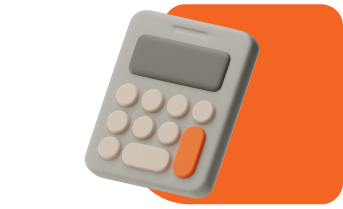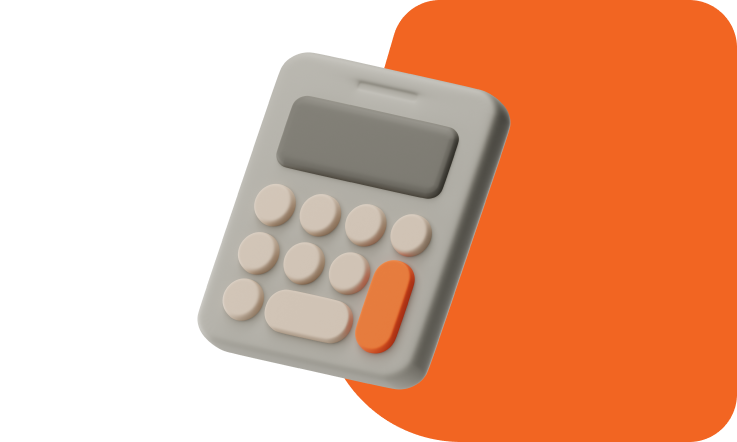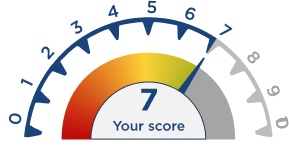1. What Is a Good CIBIL Score?
A CIBIL score of 750-900 is regarded a good score. If you check your CIBIL score online and find it is below this range, consider taking some steps to improve it.
2. What is the CIBIL Credit Report?
The CIBIL credit report is a comprehensive collection of credit data related to a particular individual. It is called the Credit Information Report or CIR and includes the CIBIL score as well.
3. What are the factors positively affecting your CIBIL score?
The following factors can have a positive effect on your CIBIL score:
Making your credit card bill and EMI payments on time
Maintaining a credit utilisation ratio of 30% (or under)
Having a diverse credit mix, such as home loans, personal loans, credit cards, and so on
Ensuring a long credit history by not closing down old credit accounts.
4. What are the factors negatively affecting your CIBIL score?
If you do the following, your CIBIL score will be negatively affected:
Missing EMIs and/ or credit card dues
Utilising credit limit fully or not maintaining a credit balance
Submitting too many credit applications, leading to multiple hard enquiries
Defaulting on credit.
5. When is the CIBIL score updated?
Usually, lenders provide information about applicants/ borrowers to CIBIL once every month or so. Some lenders, who work on a smaller level and who do not have a large pool of borrowers, may submit details once every three months.
6. Why is a PAN card required for checking the CIBIL credit score?
Your PAN card is linked to your major financial accounts, including your bank accounts and your credit accounts as well. Your PAN details allow CIBIL (and other financial institutions) to find and access your credit-related information faster and more accurately.
7. Why do we need a phone number for CIBIL credit score?
Similar to your PAN card, your phone number is also linked to your bank, credit and other financial accounts. By entering your phone number, you make it easy for the portal to get your CIBIL score online. Plus, your phone number also makes it easier to verify your identity via the One-Time Password received on your phone. Rest assured that reliable financial institutions will not misuse your phone number or other details.
8. Is there a limit to the request for accessing CIBIL credit score?
You can check your CIBIL score as many times as you want. However, note that you can check your CIBIL rating for free only once via the CIBIL site.
9. How does the CIBIL credit score change?
To make a positive change in your CIBIL score, you must pay your credit dues on time and use your credit card wisely. Consistently practising good credit behaviour can lead to improvement in your CIBIL score. However, note that this can take up to 6 to 12 months.
10. What is the significance of the CIBIL credit score range?
Your CIBIL score is an important marker of how well you handle credit. A good credit score signals to lenders that you are well-versed with credit and are a responsible borrower. It may help you be considered as a favourable applicant.
On the other hand, a poor credit score implies that you are a high-risk borrower. It will make it difficult to secure loans at desirable terms.
11. What are the factors included in the calculation of CIBIL credit score?
To calculate your CIBIL score, the credit bureau will take the following factors into consideration:
Your repayment history
Credit mix diversity
Credit utilisation ratio
Credit duration
Hard credit enquiries.
Each factor has a specific weightage in the overall calculation of your CIBIL report.
12. What type of information is included in my CIBIL credit report?
Your CIBIL report will have the following information:
Your personal details and contact details, such as name, address, phone number, and PAN details.
Employment and income details
Account details
Information related to the credit you have taken, such as your payment history, when you made the last payment, and the lender’s name.
13. What kind of information is not included in the CIBIL credit report?
Your CIBIL report will not have any information related to your bank account, savings plans, insurance plans, pension plans, fixed deposits, or other non-credit accounts. Accounts related to your investment process are also not present in the CIBIL report.
14. Who can access my CIBIL credit report?
Only those financial institutions who have shared their data with CIBIL are allowed access to CIBIL reports. Reputed banks and financial institutions work in tandem with CIBIL. They share credit-related information about their borrowers with CIBIL. In return, CIBIL shares accurate CIBIL reports and scores about applicants. It helps the lender make better decisions, about whom they should give credit to. It also ensures that borrowers’ data is safe and shared only with reliable parties as prescribed by the relevant authorities.
15. Why do lenders check the CIBIL Credit Score?
Checking the CIBIL score of the applicant gives the lender a clear picture of their credit behaviour. It shows the repayment history and the financial stability of the applicant. If the credit score is good, the lender will approve the application.
16. Why does my CIBIL score keep changing?
Your CIBIL score can change due to multiple reasons. Whether you pay credit on time, how long your credit accounts have been active, your repayment history, and more, can lead to changes in your CIBIL score.
17. What is the minimum CIBIL score to get a personal loan?
The minimum CIBIL score eligibility criteria varies between lenders. Usually, banks will require the applicant to have a minimum 650 CIBIL score to grant them a personal loan. The higher the score, the better the personal loan terms will be.




















